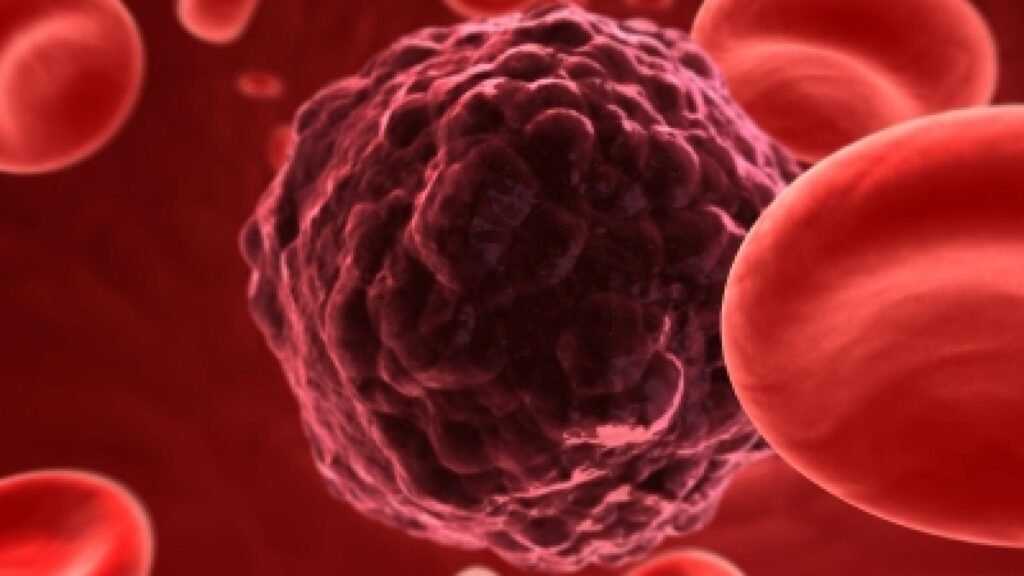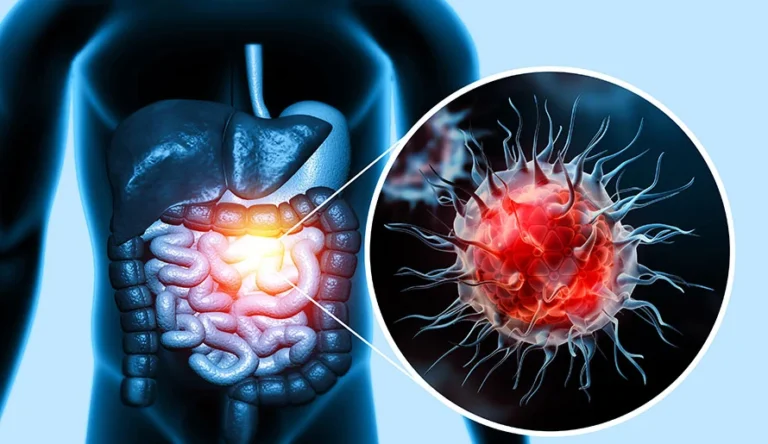Cancers is one of the leading causes of death globally, affecting millions of people each year. It is a group of diseases characterized by uncontrolled cell growth that can spread to other parts of the body. Unlike normal cells, cancerous cells divide uncontrollably and do not die when they should, leading to the formation of tumors and, in some cases, metastasis. The disease can develop in almost any organ or tissue, making it one of the most complex health conditions known to medical science.
Understanding cancer involves studying its causes, risk factors, symptoms, prevention measures, and available treatment options. Although advancements in research and medical technology have led to significant progress in cancers treatment, early detection and prevention remain the most effective ways to combat the disease.
Types of Cancer
Cancers is not a single disease but a broad category encompassing more than 100 different types. Some of the most common types include:
- Lung Cancer – One of the most fatal cancers, often linked to smoking and environmental pollutants.
- Breast Cancer – The most prevalent cancer among women, though it can also affect men.
- Prostate Cancer – A common cancer in men, typically occurring in older adults.
- Colorectal Cancer – Affects the colon or rectum and is often associated with diet and lifestyle factors.
- Skin Cancer – Includes melanoma and non-melanoma skin cancers, primarily caused by excessive exposure to UV radiation.
- Leukemia – A cancers of the blood-forming tissues, leading to abnormal blood cell production.
- Lymphoma – Affects the lymphatic system and includes Hodgkin’s and non-Hodgkin’s lymphoma.
Each type of cancers has distinct symptoms, risk factors, and treatment approaches, making it essential to understand them individually.
Causes and Risk Factors of Cancer
The exact cause of cancers varies depending on the type, but several risk factors increase the likelihood of developing the disease. These include:
- Genetic Factors: Some cancers are hereditary, meaning they can be passed down through family genes.
- Lifestyle Choices: Smoking, excessive alcohol consumption, poor diet, and lack of exercise significantly contribute to cancers risk.
- Environmental Exposure: Prolonged exposure to harmful chemicals, radiation, and pollution can increase cancer susceptibility.
- Chronic Infections: Certain infections, such as HPV (linked to cervical cancer) and hepatitis B or C (linked to liver cancer), elevate the risk.
- Age and Gender: Aging is a major risk factor for many cancers, and some cancers are more prevalent in specific genders.
- Weakened Immune System: Individuals with weakened immune systems, such as those undergoing organ transplants or living with HIV/AIDS, are at higher risk.
Understanding these risk factors can help individuals take preventive measures to reduce their chances of developing cancers.
Symptoms and Early Warning Signs
Cancesr symptoms vary widely depending on the type and location of the disease. However, some common warning signs include:
- Unexplained weight loss
- Persistent fatigue
- Changes in skin appearance, such as unusual moles or sores that do not heal
- Persistent cough or difficulty swallowing
- Unexplained pain or discomfort
- Unusual bleeding or discharge
- Changes in bowel or bladder habits
Early detection is crucial in improving treatment outcomes. Regular medical check-ups and cancer sscreenings can help identify abnormalities before they progress into advanced stages.
Cancer Prevention Strategies

While some risk factors, such as genetics, cannot be controlled, many lifestyle choices and preventive measures can significantly reduce cancers risk. Key prevention strategies include:
- Maintaining a Healthy Diet: Eating a balanced diet rich in fruits, vegetables, whole grains, and lean proteins can lower the risk of several cancers.
- Regular Physical Activity: Exercising regularly helps maintain a healthy weight and reduces the risk of various cancers, including breast and colon cancers.
- Avoiding Tobacco and Alcohol: Smoking is a leading cause of lung and other cancers, while excessive alcohol consumption is linked to liver, throat, and breast cancers.
- Protecting Against UV Radiation: Using sunscreen, wearing protective clothing, and avoiding excessive sun exposure help prevent skin cancers.
- Vaccination: Certain vaccines, such as the HPV vaccine and hepatitis B vaccine, protect against infections that can lead to cancesr.
- Regular Screening and Check-ups: Early detection through screenings such as mammograms, Pap smears, colonoscopies, and prostate exams can improve treatment success rates.
Advances in Cancer Treatment
Medical advancements have revolutionized cancers treatment, increasing survival rates and improving the quality of life for patients. Common treatment methods include:
- Surgery: The removal of cancerous tumors or tissues to prevent the spread of the disease.
- Chemotherapy: The use of drugs to kill or slow the growth of cancers cells, often used in combination with other treatments.
- Radiation Therapy: The use of high-energy radiation to target and destroy cancers cells.
- Immunotherapy: Boosts the body’s immune system to recognize and fight cancers cells effectively.
- Targeted Therapy: A newer approach that targets specific genes or proteins involved in cancer sgrowth.
- Hormone Therapy: Used for cancers like breast and prostate cancesr that are hormone-sensitive.
- Stem Cell Transplant: Used to restore damaged bone marrow in patients undergoing intense cancers treatments.
Ongoing research continues to explore innovative treatments such as gene therapy, personalized medicine, and artificial intelligence-driven diagnostics to enhance cancer treatment and survival rates.
Living with Cancer: Coping and Support
A cancer diagnosis is life-changing, not only for the patient but also for their family and caregivers. Coping strategies include:
- Seeking emotional and psychological support from counselors, support groups, or loved ones.
- Staying informed about treatment options and making well-informed decisions.
- Engaging in stress-reducing activities such as yoga, meditation, and hobbies.
- Following a well-balanced diet and staying physically active as per medical advice.
- Maintaining open communication with healthcare providers to address concerns and manage side effects effectively.
Support networks play a crucial role in helping cancer patients navigate their journey and maintain a positive outlook.
Conclusion
Cancer remains a significant global health challenge, but ongoing research, early detection, and advanced treatments offer hope for better outcomes. By adopting preventive measures, staying informed, and seeking timely medical attention, individuals can reduce their cancer risk and improve their chances of early diagnosis and successful treatment. As science continues to advance, the fight against cancer remains a priority, bringing us closer to more effective treatments and, ultimately, a cure.
Read more: Vital Proteins Collagen Peptides: Benefits & Uses
FAQ’s Section
Answer: Cancer is caused by genetic mutations that lead to uncontrolled cell growth. Risk factors include smoking, poor diet, radiation exposure, and infections.
Answer: Cancer prevention includes maintaining a healthy lifestyle, avoiding tobacco and alcohol, protecting against UV rays, getting vaccinated, and undergoing regular screenings.
Answer: Common symptoms include unexplained weight loss, fatigue, skin changes, persistent pain, unusual bleeding, and changes in bowel habits.
Answer: The best treatment depends on the cancer type and stage. Options include surgery, chemotherapy, radiation therapy, immunotherapy, and targeted therapy.
Answer: Some cancers can be cured if detected early and treated effectively. However, advanced-stage cancers may require long-term management to improve quality of life.


